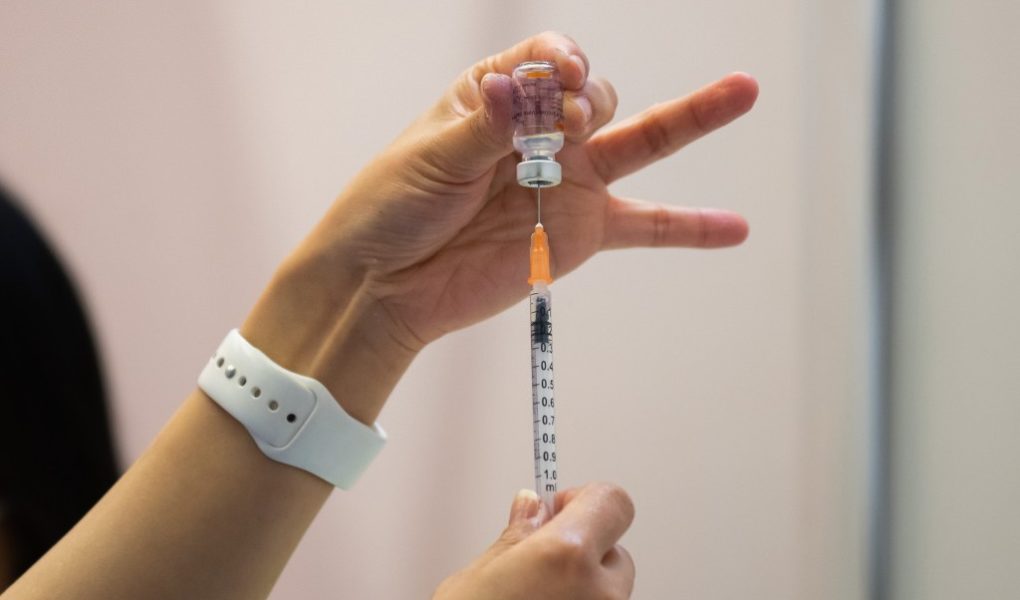
The discovery of an illegally operating bio lab in the Central Valley was disturbing to many — and especially frightening to the Reedley community living and working around the lab. Investigation of the samples and mice found in the facility revealed improperly stored pathogenic material, including coronavirus, malaria, dengue and HIV.
Although the Centers for Disease Control and Prevention and officials who investigated the Prestige Biotech lab do not suspect it was creating weaponized materials, if it was working with “live” or infectious pathogens such as coronaviruses, it should have been operating at biosafety level 3, or BSL-3, the second-highest tier of protection.
Biosafety levels are defined by the CDC according to what pathogens are stored and used in a lab’s work and what procedures are being done with those pathogens. They also describe what protective measures are needed to keep laboratory workers, the environment and local residents safe.
The levels are not legal mandates, however, only recommendations — labs can legally work with some level 3 agents without following level 3 guidelines. Because labs are not required to report their work to a federal or state regulator, we don’t know how many such labs there might be.
Many people who live near legally operating labs view their situation as similar to that of Reedley prior to the discovery of the Prestige Biotech lab: They don’t know, and have no way of finding out, what pathogens are being used in labs in their town or county.
In June, the San Carlos City Council banned level 3 and level 4 labs within their city. While no BSL-4 labs are operating in California, several other cities, including San Francisco, Foster City, Livermore, Pleasanton and Stanford, have level 3 labs. A U.S. Government Accountability Office report in 2017 found that 16% of level 3 labs were private or commercial labs that operate under less federal and state oversight than government-run or academic labs.
The San Carlos ordinance passed with a 3-2 vote, demonstrating the tension between the desire to support the thriving and lucrative local biotech industry and the public frustration over the lack of information on what types of risks these labs might pose.
Alongside the proposal of a ban, council members also evaluated a permitting process for BSL-3 labs. But because they were unable to review and approve of what research might be done and were unsure of their ability to properly evaluate technical, novel research, the city took the safer and easier option to just ban the work entirely.
Just as facilities that store potentially dangerous chemicals display a clearly visible placard with information about the hazards, labs that work with potentially dangerous pathogens should report information on their work to public officials. The easiest way to track this information may be a federal agency that can create a cohesive picture of potentially dangerous research, with information made available to local, county and state officials. Communities can then decide what protections and response plans they should implement to address potential leaks and to protect the labs and surrounding communities in the event of a natural disaster or accident.
No community wants to be the site of the next outbreak or to be caught unaware by potentially dangerous research happening in their midst, like the town of Reedley. At the same time, biotech companies have an interest in being allowed to do a variety of types of research, in the towns and cities most economically amenable to their operations — not just the ones that haven’t gotten around to banning them.
Requiring labs to report their work with potentially dangerous pathogens to a central federal repository would improve trust between labs and their communities, increase transparency around the process for protecting against potential risks, and provide a paper trail to help future investigators and first responders.
Allison Berke is the chemical and biological weapons non-proliferation program director at the Middlebury Institute of International Studies in Monterey.
𝗖𝗿𝗲𝗱𝗶𝘁𝘀, 𝗖𝗼𝗽𝘆𝗿𝗶𝗴𝗵𝘁 & 𝗖𝗼𝘂𝗿𝘁𝗲𝘀𝘆: www.mercurynews.com
𝗙𝗼𝗿 𝗮𝗻𝘆 𝗰𝗼𝗺𝗽𝗹𝗮𝗶𝗻𝘁𝘀 𝗿𝗲𝗴𝗮𝗿𝗱𝗶𝗻𝗴 𝗗𝗠𝗖𝗔,
𝗣𝗹𝗲𝗮𝘀𝗲 𝘀𝗲𝗻𝗱 𝘂𝘀 𝗮𝗻 𝗲𝗺𝗮𝗶𝗹 𝗮𝘁 dmca@enspirers.com




